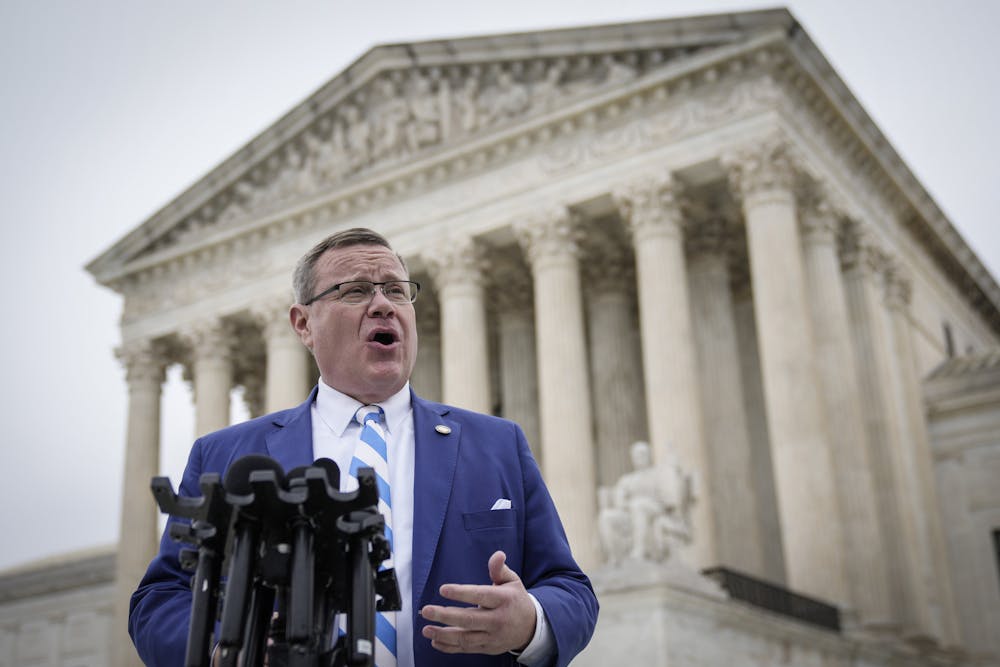Harper I was heard in the N.C. Supreme Court on an expedited timeline, and the appeal was heard in October 2022.
The remedial congressional plan drawn by the special masters produced an even 7-7 Republican-Democrat split in the state's congressional delegation for the 2022 midterm elections, while the maps drawn by the state legislators produced a near-Republican supermajority in the General Assembly.
The N.C. Supreme Court also had an election — with two Democrat-held seats being flipped to Republicans, giving the GOP a 5-2 advantage on the court. But, just weeks before the court officially flipped, the 4-3 Democratic majority decided on the appeal in Harper v. Hall — or, what would become Harper II.
The maps drawn for the N.C. Senate were ruled unconstitutional because they gave Republicans an unfair advantage largely based on the metrics provided in Harper I, and the special master's congressional map and remedial N.C. House map were upheld.
Associate Justice Robin Hudson wrote the opinion that the state can only live up to its ideals of foundational equality and popular sovereignty until voting is done on equal terms.
"It remains the sincere hope of this Court that our state’s leaders will exercise their constitutional authority — in redistricting and all other realms — in a manner that upholds these fundamental rights and principles," Hudson wrote. "Until then, it remains the solemn constitutional duty of this Court and our state judiciary to stand in the breach."
Harper III
Republican lawmakers almost immediately appealed to rehear Harper II. Oral arguments were heard on March 14, and the court overturned Harper v. Hall on April 28.
The new majority said that the legislature should have full power over redistricting and that state courts could not overrule the legislature on map drawing.
Moore v. Harper
All the while, the U.S. Supreme Court was deciding on Moore v. Harper, which came from the same line of cases and was taken on by the Court before Harper III was decided.
Oral arguments were heard in December 2022. Republican lawmakers argued for the Independent State Legislature Theory — the idea that state legislatures, because of the wording of Article 1, Section 4, Clause 1 of the U.S. Constitution, are not subject to judicial review in elections.
To get the day's news and headlines in your inbox each morning, sign up for our email newsletters.
That section of the Constitution says, "The Times, Places and Manner of holding Elections for Senators and Representatives, shall be prescribed in each State by the Legislature thereof" — and Republican lawmakers said that, because it says "Legislature," the court can not override their decisions.
The U.S. Supreme Court rejected this theory, 6-3, and said state courts should still interpret state constitutions, just as federal courts will continue to interpret the federal constitution on election matters.
What now?
Despite the decision in Moore v. Harper, the N.C. General Assembly still has complete control over redistricting in the state because of the decision in Harper III. But, in other states where state courts still have power over redistricting, they may be able to oversee redistricting and prevent partisan gerrymandering in the future.
@ethanehorton1
@DTHCityState | city@dailytarheel.com
Ethan E. HortonEthan E. Horton was the 2023-24 city & state editor at The Daily Tar Heel. He previously served as a city & state assistant editor and as the 2023 summer managing editor.




